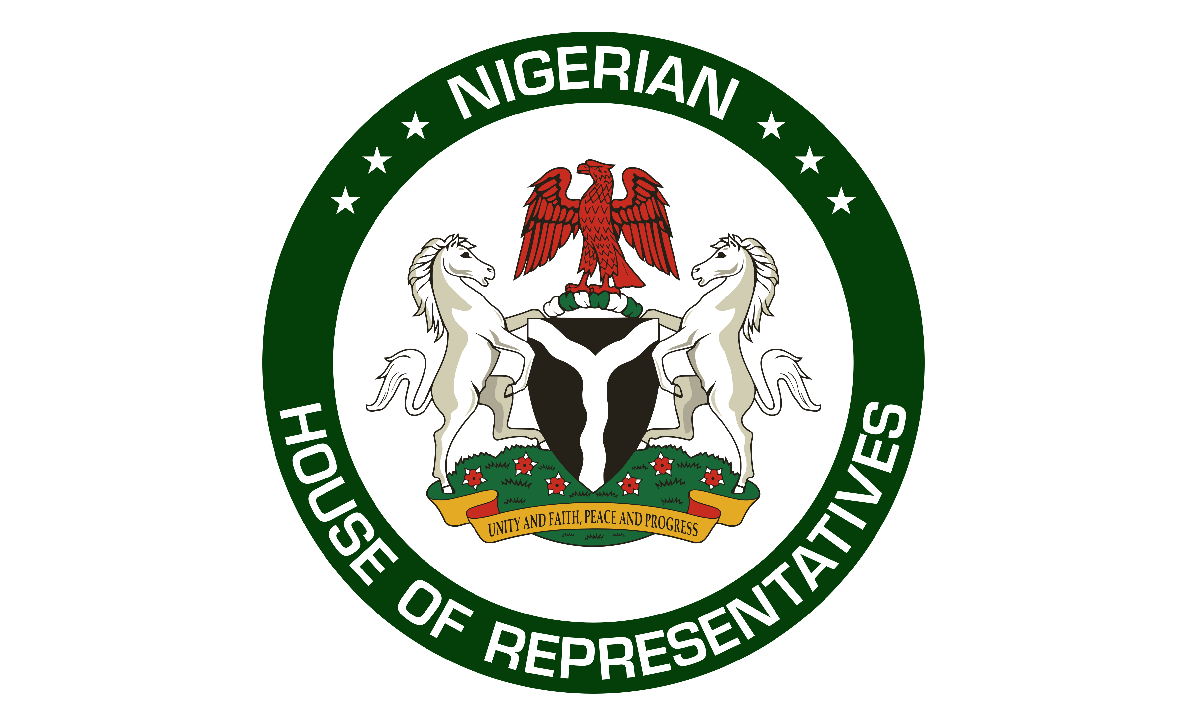The House of Representatives, has moved to reconcile the Federal Inland Revenue Service (FIRS) and the Nigerian Postal Services (NIPOST), over stamp duty collection role.
The House of Representatives Committee on Finance, on Tuesday held a meeting, chaired by the Chairman of the Committee, Hon. James Faleke, with the Post- Master General of the Federation, Dr. Ismail Adewusi, NIPOST Board Chairman, Bar. Maimuna Abubakar, and the Executive Chairman of the FIRS, Muhammad Nami in Abuja.
A statement from FIRS said the meeting with the legislators was to resolve the face-off between FIRS and the Nigeria Postal Service (NIPOST) over stamp duty collection, as well as issues around the N58bn revenue generated from February 2016 to April, 2020.
At the meeting, FIRS said it generates N3 billion revenue from the weekly collection of stamp duty since May 2020. Its Chairman, Nami, said: “The FIRS was able to generate this much revenue from a single stream of stamp duty collection from DMBs (Deposit Money Banks) because the Service had deployed a new technology to track and capture such revenue straight into the federation account.”
FIRS has the Application Programming Interface (API), an – online real-time tool that eases stamp duties collection.
The account was opened in 2016 to warehouse revenue from stamp duty collection. It grew to N58bn by April 2020 with FIRS deploying API.
Daily Trust reports that FIRS and NIPOST have been at daggers drawn over the control of stamp duty collection. “The FIRS regrets that as an agency of the government, FIRS and NIPOST allowed a simple situation to degenerate to media exposure,” Nami said.
Postmaster General/CEO of NIPOST, Dr. Adewusi described the feud between FIRS and his agency as needless. “NIPOST is not a tax collecting agency.
“We are not in the business of collecting taxes, that’s not our mandate. But our role in stamp duty is clearly stated in the law.” He told the committee that, “In the spirit of peace, we want FIRS to look at the issue.
“We deserve to share the cost of collection. At the initial meeting, FIRS said they will give us 30 percent and take 70 percent, we said no.”
Chairman of the committee, Hon. Faleke, said the committee was embarrassed by the open engagement of the agencies.
“As a committee responsible for overseeing finance agencies, we decided to call for this dialogue to see if the agencies are doing the bidding of the law.’

 Join Daily Trust WhatsApp Community For Quick Access To News and Happenings Around You.
Join Daily Trust WhatsApp Community For Quick Access To News and Happenings Around You.


